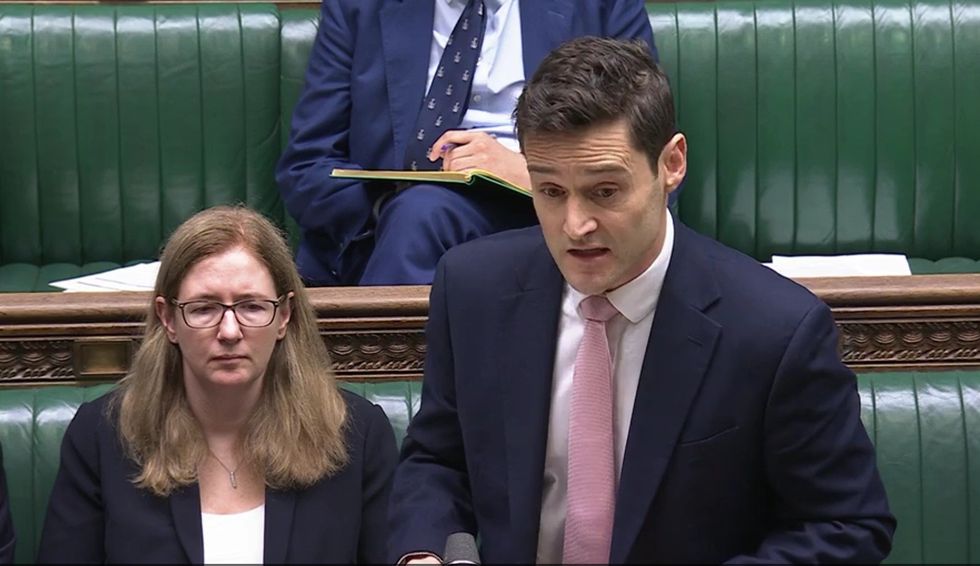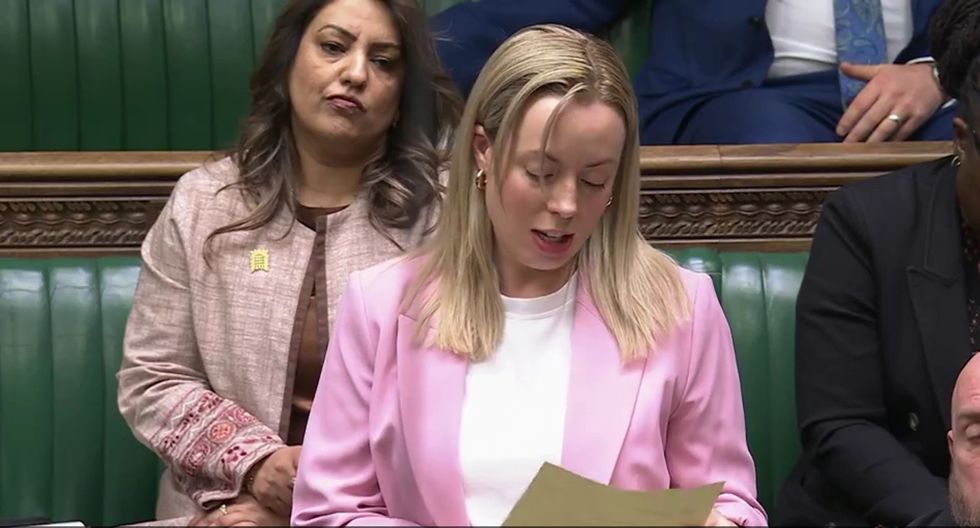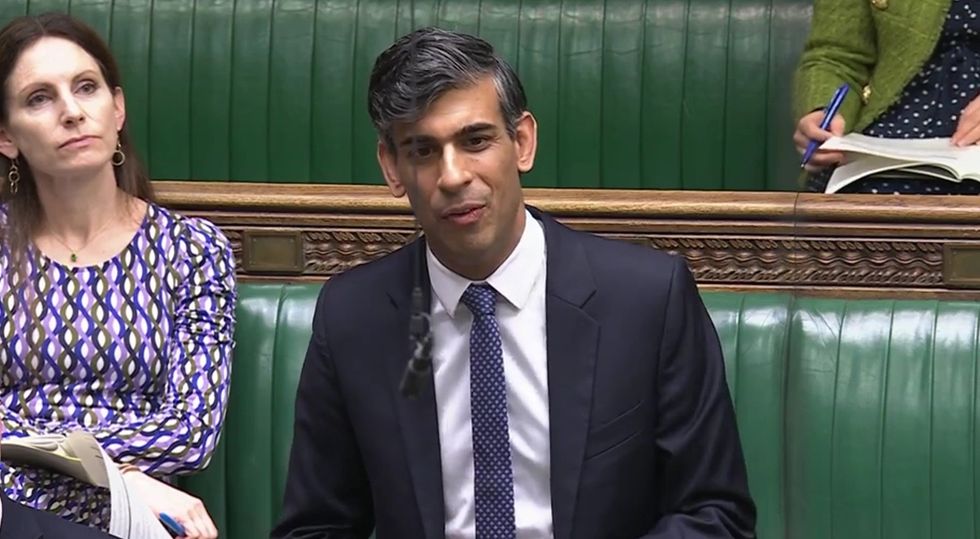The Company Chemists’ Association (CCA) has called for an evidence-based approach to hub and spoke dispensing proposals, stating that it is vital to back the changes based on robust data and lived experience of pharmacy businesses.
Community pharmacy contractors need to to respond to a Department of Health and Social Care initiated consultation on the hub-and-spoke dispensing models by June 8.
Malcolm Harrison, CEO of the CCA, said: "I am very concerned by both the number and scale of the assumptions contained within the impact assessment, which are unlikely to come to fruition.
"The impact Assessment also makes predictions on a yet un-born market, stretching 10 years into the future. Hub and spoke technologies do have the potential to enable new dispensing models in the future if new commissioning can support a change in operations. I would caution against firm predictions about likely benefits without stronger commitments to enablers of change."
The DHSC is consulting on whether to remove restrictions from section 10 of the Medicines Act 1968, allowing hub and spoke models to operate across legal entities. The consultation sets out two proposed models, both allowing part of the dispensing process to be completed at a hub, before supply to either a spoke pharmacy or directly to a patient.
On the DHSC's claim that there are several benefits to the hub and spoke model, including increased capacity within the pharmacy network, CCA said: "The experience of CCA members is that hub and spoke only delivers capacity benefits if there is additional investment to either move the workload to a hub, or fund additional activity in the spoke.
"With this in mind, we are very concerned that there simply is not enough service income within the current flat national funding envelope to warrant a network of hubs across the country."
The association also estimated that locally commissioned services now account for less than 1 per cent of overall pharmacy funding. It believes that offering private services to fill any shortfall of funding does not support NHS efforts to tackle health inequalities, nor recognise the vital role community pharmacy plays within the most deprived communities.
Harrison clarified: "The CCA is also aware of claims that only the large businesses which currently operate automated facilities would stand to benefit from the changes in legislation governing dispensing between legal entities. We think it is worth clarifying that neither the CCA nor any of its members have ever called for this change. This direction of travel by DHSC was initiated by parties from outside of the CCA and its membership.”








 Shadow health minister Dr. Luke Evans
Shadow health minister Dr. Luke Evans  Labour MP for Warrington South, Sarah Hall
Labour MP for Warrington South, Sarah Hall Rishi Sunak, Conservative MP for Richmond and Northallerton
Rishi Sunak, Conservative MP for Richmond and Northallerton









 PwC
PwC